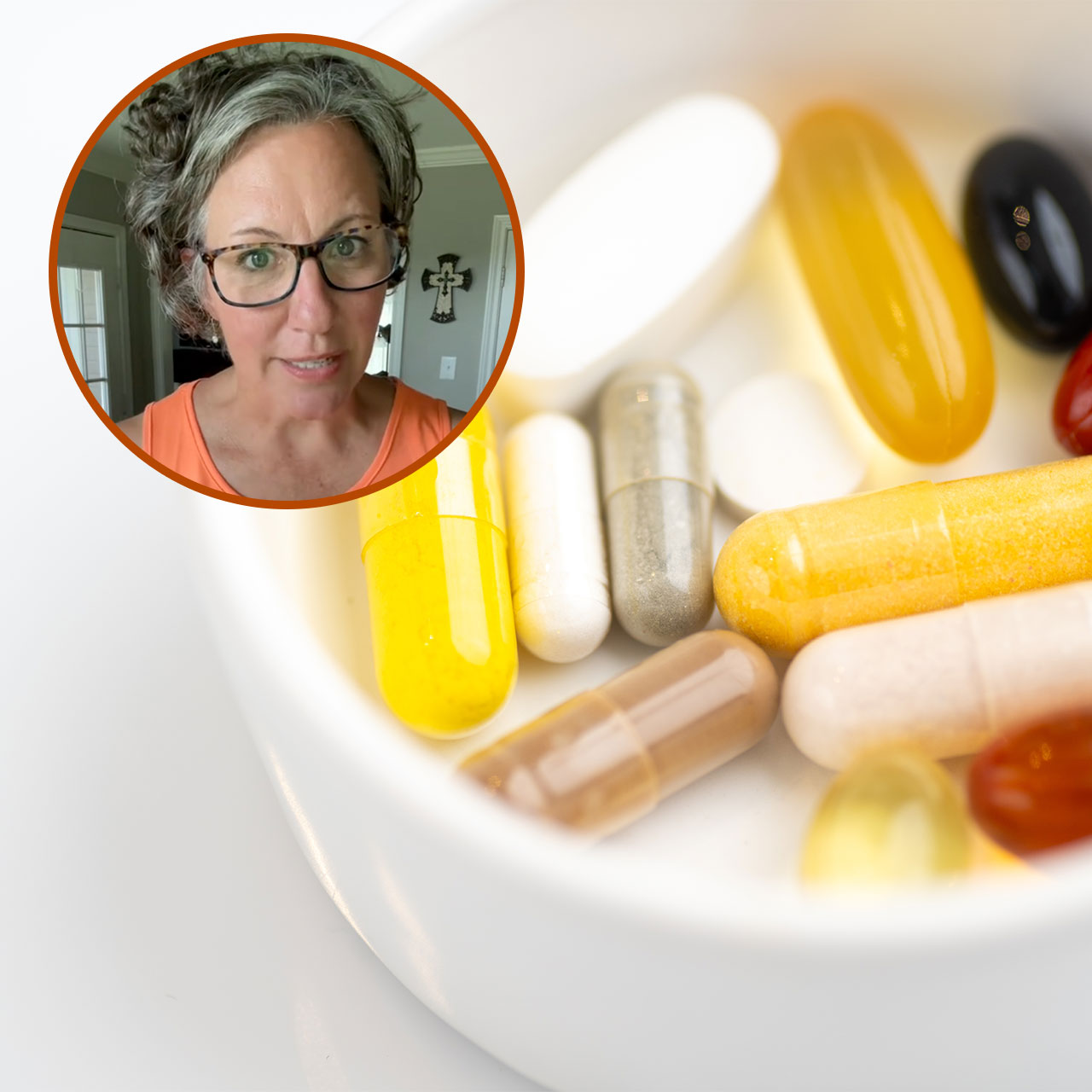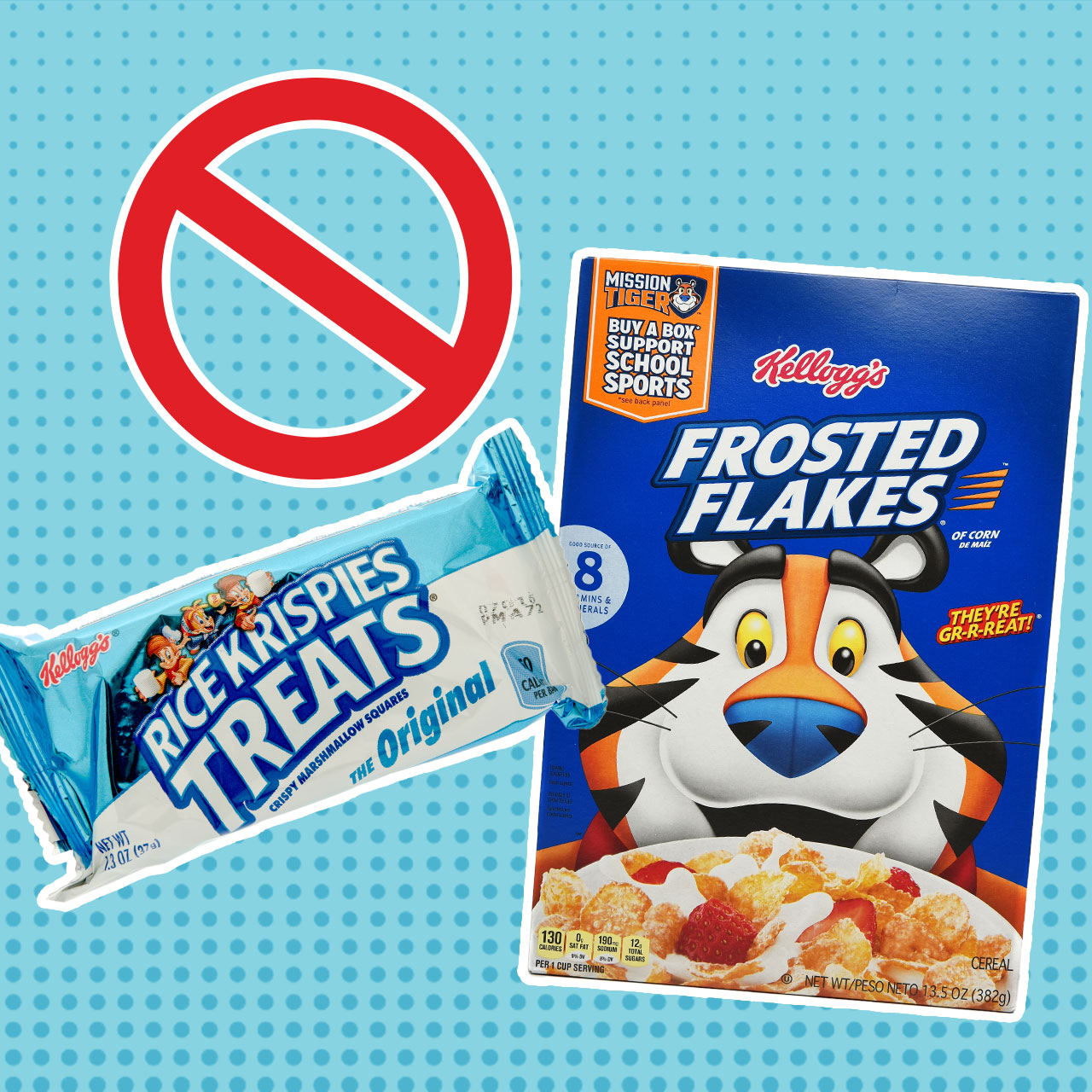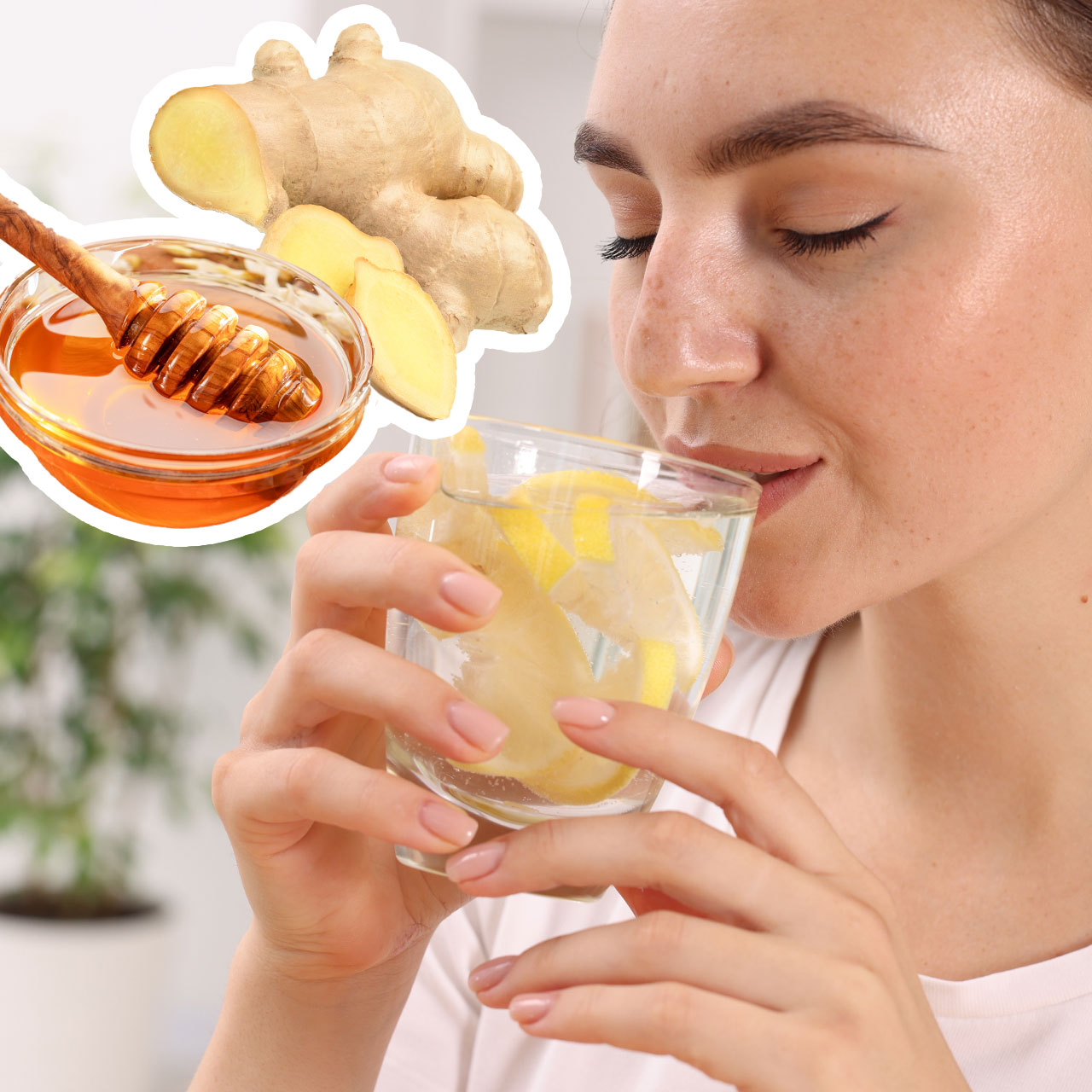Salmonella isn’t the only risk you’ll have to consider when eating oats now. Recent findings have raised concerns about the safety of commonly consumed oat-based foods in the United States, with alarming implications for reproductive health. A pesticide known as chlormequat has been detected in a significant majority of samples, prompting worries about its potential impact on fertility and fetal development. Find details below.


Pesticides found in Quaker Oats & More
Chlormequat has been found in everyday products like Quaker Oats and Cheerios. The pesticide was found in a staggering 80% (77 out of 96) of subjects tested in 2017 and 2023, according to a study conducted by the Environmental Working Group (EWG). Furthermore, the levels of chlormequat detected in more recent samples have shown an alarming increase, indicating a concerning trend.
Chlormequat has been linked to infertility and reproductive issues in animals, suggesting a potential threat to human health as well. Studies have indicated that exposure to this pesticide may harm the reproductive system and disrupt fetal growth, raising red flags for consumers and health experts alike.
While the Environmental Protection Agency (EPA) restricts its use to ornamental plants in the United States, it has been permitted on imported oats since 2018. This regulatory gap raises questions about the safety of imported food products and underscores the need for stricter oversight and regulation.

In response to these findings, organizations like the EWG are urging consumers to take proactive measures to reduce their exposure to chlormequat. This doesn't mean you should give up oats altogether; they're a healthy addition to a balanced diet with many benefits. However, choosing organic products can help mitigate the risk associated with these harmful chemicals.
While companies like General Mills maintain that their products adhere to regulatory requirements and prioritize food safety, the pervasive presence of chlormequat raises doubts about the effectiveness of current safety measures.
As the debate surrounding pesticide use and its impact on human health continues to unfold, one thing remains clear: the need for greater transparency, accountability, and consumer awareness in the food industry. With reproductive health at stake, it is imperative that steps are taken to address this pressing issue and ensure the safety of our food supply.
READ MORE: Salad Kits Sold In 25 States Pulled From Shelves Amid Deadly Listeria Outbreak


























